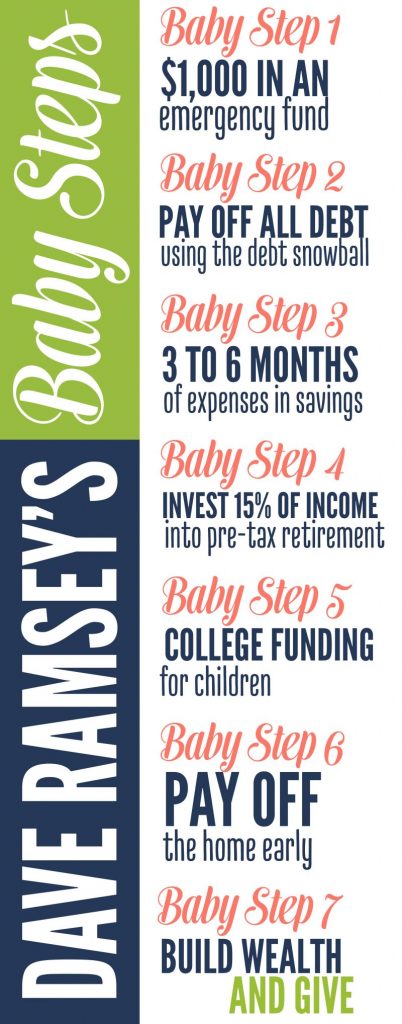One Sunday a few weeks ago, I was balancing our checkbook and making sure that all of our expenses were recorded in our monthly budget spreadsheet. As I often do while balancing our checkbook, I looked up from the list of charges to our debit cards to ask Maria what she bought at Walmart.com. Maria answered, “I didn’t shop at Walmart.” And I hadn’t shopped at Walmart either. Uh-oh.
As you can guess, someone had stolen one of our debit cards (it was Maria’s, but it could just as easily have been mine). Fortunately, since we check our online banking frequently, we caught the few fraudulent charges quickly. There were four transactions in all, totaling about $180. We contacted the bank and immediately cancelled Maria’s card. Maria ended up having to pay cash for everything for about a week while we waited for her new debit card to arrive. And an actual trip to the bank resulted in the charges being reversed. All in all, this theft ended up being just a minor hassle.
But this debit card theft of ours is a great opportunity to discuss another aspect of the debit versus credit cards debate: the safety of debit cards versus credit cards. A few people have commented on this in prior posts, citing the repercussions of a stolen debit card as a reason that they stick with credit cards. So, let’s talk about how theft of credit cards is handled versus theft of debit cards and see what the risks are.
Credit Card Theft
Let’s take the easy one first. When your actual credit card is stolen, you are liable only up to a maximum of $50. (Since this comes from a federal law, the lawyer in me is finding it really hard to not cite to the statute. I promise I’ll try really hard to not sound like I’m writing a legal memo here.) If only your credit card number is stolen, you have no liability whatsoever. I will admit that that’s really good coverage; at most, you’re only out $50, even if the fraudulent charges are thousands and thousands of dollars.
Debit Card Theft
Debit card theft is slightly more complex. If you report the theft of your card before any charges are made, then you won’t be out anything. They just cancel the card and send you a new one. If you report the fraudulent charges within 2 business days of you learning about the theft, you are only out $50 max. If you report the charges in 3 or more business days, but less than two months after the bank statement showing the charges, then you can be out up to $500. Any longer than that, and you are out whatever money was stolen (even if it was in another account, like your savings account if you have overdraft protection set up and the fraudulent charges dipped into your savings). So, it’s important for you to keep an eye on your accounts so you can report fraudulent charges as quickly as possible. That way, you minimize how much you are liable for.
There is one other major difference between credit cards and debit cards: the money for fraudulent charges on a debit card are taken out of the account immediately. With a credit card, you don’t have to pay until you get your monthly statement, so if you catch it in time, it’s no money out of your pocket. With our recent theft, Maria and I were down about $180 in our checking account for a few days before our bank put the money back into our account.
Why We Still Stick with Debit
Clearly, from the above, credit cards are safer than debit cards in case of theft. So why do we still stick with debit instead of credit? Simple: we don’t want anything to do with credit cards or debt. Our money decisions are driven by our long term goals, not by fear of theft. Heck, between the two of us, this is the first time one of our debit card numbers was stolen and we’ve both been using them for at least fifteen years each.
That’s not to say that we don’t worry about theft and loss. We just don’t think it’s the main reason for choosing a credit card. So we keep using debit, but we follow some simple steps to detect debit card theft before it becomes a big problem:
- We check our online banking frequently as a natural part of maintaining our monthly budget. Like, every couple days at the least. I’m often in there multiple times a day.
- We keep only enough in our checking account to make sure we are able to pay bills and have spending money as necessary. The rest is in our savings account (our emergency fund and sinking funds) or in our money market account (our 3-6 months of savings).
- We don’t have overdraft protection, so our savings account and our money market account are untouchable if our debit card is stolen.
- We read our monthly bank statements as soon as we receive them.
Families on a tight monthly budget may say that they don’t have a few hundred dollars to spare while they wait for the bank to reverse the fraudulent charges. We get it. But here’s the great thing about Dave Ramsey’s Baby Steps: the very first step is to save $1,000 in an emergency fund. Debit card theft would certainly count as an emergency. We were fortunate that our budget could withstand a few hundred dollars disappearing for a few days. If our card was stolen at a time when money was particularly tight, we would have transferred a little bit of our emergency fund over from savings to help us get by while we waited for the charges to be reversed.
The longer we do this Dave Ramsey stuff, the more it just makes sense. It all fits together, every piece has a purpose, and, once you get going, it just kind of takes care of itself. I’ve never had so little concern over money in my life.
Phew, aren’t you relieved that I didn’t talk too much like a lawyer on this rather legal subject? If you want more information, including the statutes that these rules come from, the Federal Trade Commission has a great page on debit and credit card theft and many more tips on how to minimize your risk of theft. I highly recommend you check it out.
We got through our debit card theft just fine, thanks to Dave Ramsey helping us prepare for these types of situations. And, while credit cards might technically be safer, it doesn’t take much effort for debit cards to be perfectly safe, but without the possible debt problems that come with credit cards. So we will keep using our debit cards and avoiding credit.











